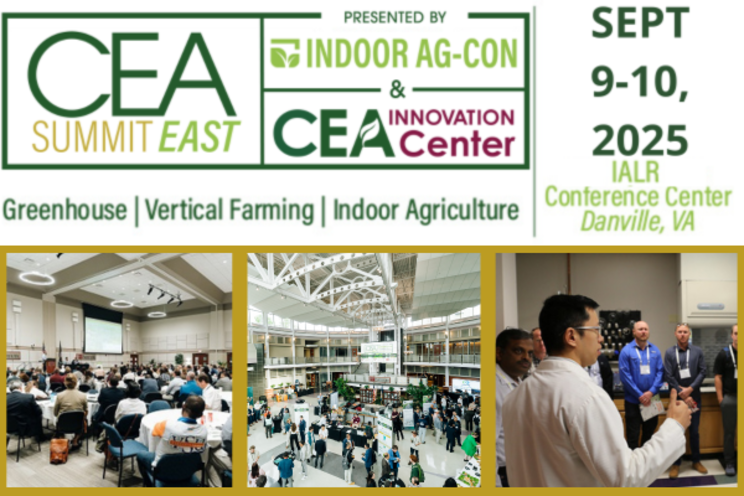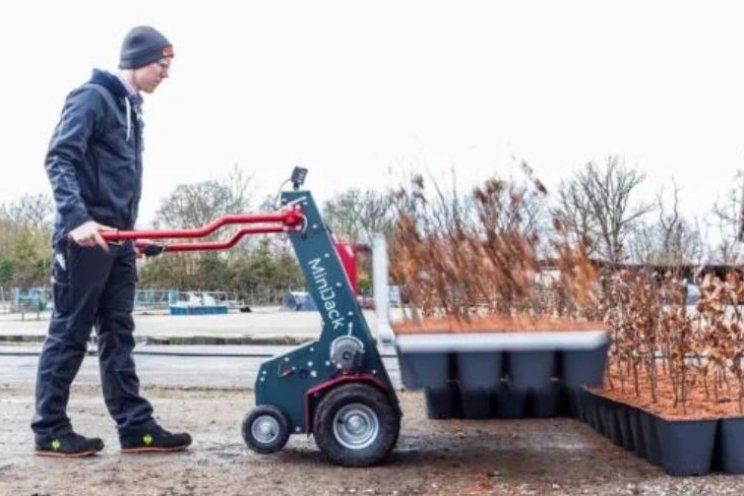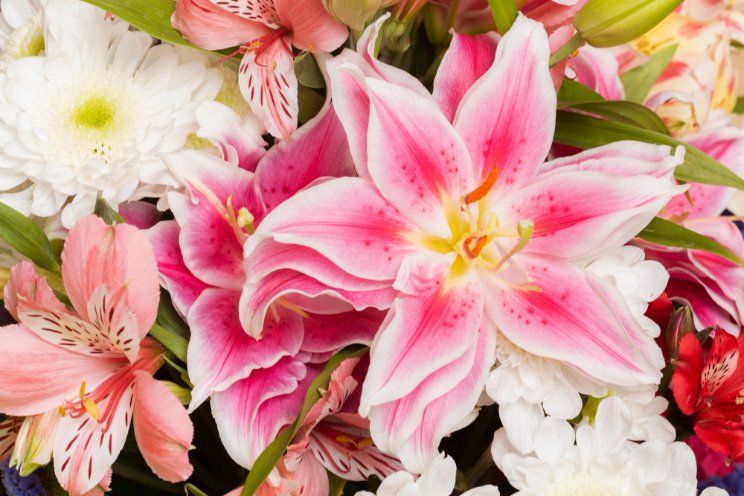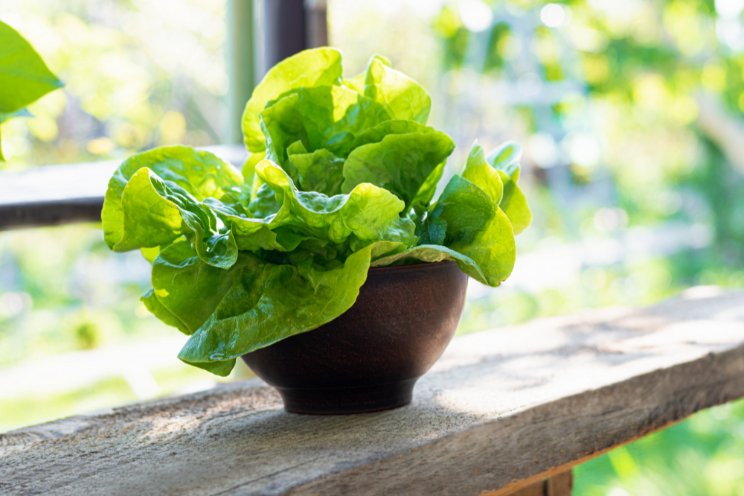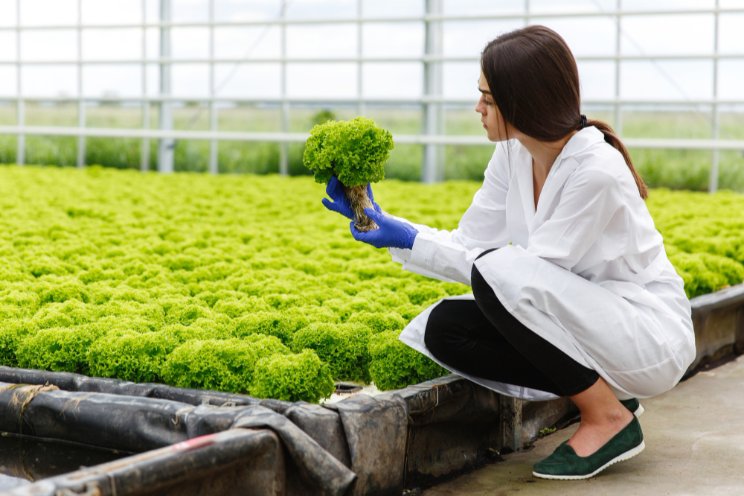DGD is connecting the horticultural industry
Added on 31 March 2022
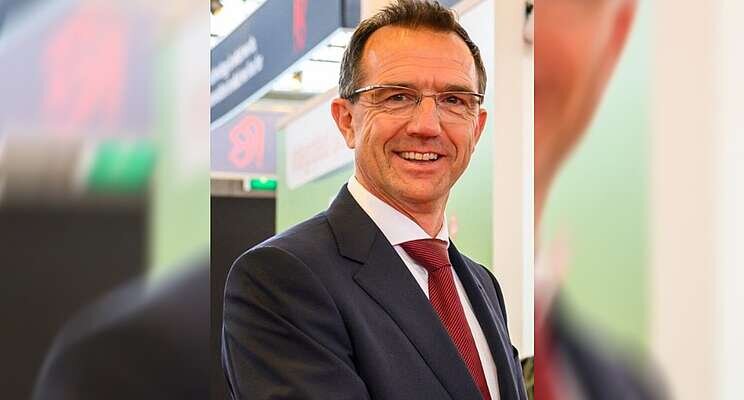
It's been a quite inspirational and informative interview with Eric. I'm Ece Polat, the editor of Hortibiz Daily News, inviting you to read the full interview below.
HORTIBIZ DAILY: Who are you? What's your role at Dutch Greenhouse Delta?
ERIC EGBERTS: My name is Eric Egberts. I'm the CEO and president of Dutch Greenhouse Delta.
HD: What's the aim of Dutch Greenhouse Delta?
EE: Dutch Greenhouse Delta is an association of Dutch companies that provide horticultural technology and our aim is to promote the use of horticultural technology and knowledge in a wide sense to produce locally, fresh, healthy, safe and affordable food that is produced by advanced food production technologies.
HD: How do you work with your partner companies? And who are they?
EE: We have more than twenty partner companies. All of them are based in The Netherlands. Altogether they provide an eco-system for food production. We have basically the full range of companies for all the processes of food production such as seed companies, greenhouse construction companies, climate control companies, seed technology companies and more.
So, we can bring a solution to the table all in once. It is a kind of one-stop shop for governmental bodies, large investors and retailers to build an eco-system solution to produce fresh and local food in a sustainable way.

HD: Which countries do you target and why?
EE: We're talking about the countries and the regions.
We're targeting China, India, Gulf region and The U.S. Those countries because they have a raising demand for fresh and healthy food by an increasing number of people in the middle class.
That's exactly the reason that we step into this market. It's a growing market and in most cases it's a complex market. Sometimes, we call them frontier market meaning that nobody knows exactly how it works but we have to understand it and in most cases, they're dominated by governmental institutes.
On the other hand, most companies have the capacity and the knowledge to deal or to build up a relation with governmental bodies abroad. They're there to sell their products and of course they have long term relationships with growers or producers of fresh vegetables and fruits, but they do not have the knowledge or know the procedures to work with governments. The governments are working differently than entrepreneurs and growers. For example, an entrepreneur comes to Dutch Greenhouse Delta and says: "Let's joint forces!" Because the knowledge that is needed to serve governmental bodies is completely different and as you probably know, Dutch companies are very famous for collaborations. Many collaborations are coming from The Netherlands. You can see it when you look at Rabobank which is still the largest agricultural bank in the world. It's a co-operative of farms. Royal Floral Holland is a co-operative of farmers to sell flowers. So, we're used to collaborate on a non-competitive edge and they'd like to learn more about how to deal with governments abroad and bring our internationalization strategy of horticulture to wisdom. That is why we started.
Due to unexpected problems over the last years.. such as covid, climate change, population growth, disruptions in supply chain and the last one, the war in Ukraine.. They all forced us to think differently on producing fresh and healthy food and that makes us more and more welcomed everywhere around the world to assist local authorities, local investors to set up very short supply lines. Because, we promote to produce fresh food locally and not shipping food around the globe.
We strongly believe that greenhouses could be a solution to produce fresh and healthy food in every place in the world.
HD: Which channels do you use to reach the companies that work with in your target countries?
EE: We're using multiple channels.
The most common channel we use is the collaboration with the Dutch government. As you probably know, in The Netherlands, we have the "golden triangle" which means the collaboration between the entrepreneurs, research institutes and government. Thus, we position Dutch Greenhouse Delta in the middle and we bring together Wageningen University, Dutch government and Dutch entrepreneurs to reach Chinese or Indian governmental bodies and explain them how the Dutch eco-system helps them with a more effective food production.
So, one way is working together with the Dutch government and research institutes.
The second way is attending horticultural events and telling about our service at all targeted regions by ourselves with a group of companies. Like World Expo Dubai we joined recently.
The third way is establishing separate marketing channels in each region. For example, it is "WeChat" in China which is a social media platform as the combination of WhatsApp, Facebook and LinkedIn in once. So, we have our own WeChat profile. In India, they are very active on Facebook. In the Gulf region, we prefer to use printed media channels more and LinkedIn.
So, every region has a different message and uses different communication channels.
The forth way is organizing trade missions with our partners to the countries. We're focusing to reach governmental bodies, investors and trying to set up workshops with them to explain what horticulture can mean for them.

HD: Do you have a message for the horticultural market worldwide?
EE: Yes! Our message is that horticulture can contribute to deliver fresh and healthy food for affordable prices everywhere on the globe. We're part of the solution to fight against hunger and also to bring nutritious and safe food on every place in the world.
Fighting against hunger is very important in many countries for sure but there are even more countries like India and America that are struggling with all kinds of diseases related to food.
The reason could be that food is not nutritious or safe enough. That all occurs back to health of people.
So when we improve the health of people, we reduce the cost of health care, but also bring prosperity to the world by producing food indoor instead of doing it outdoor in a non-controlled environment.
HD: Would you like to add anything?
EE: A lot of companies, a lot of governments, and a lot of scientific institutes are searching for new technologies and the technology can help for sure. However, the technology will only be of help when there are educated people behind it. So, we have to focus more and more on the non-technical innovations, meaning how do we get the younger people or new educated people acquainted with the technology. Because, technology without people doesn't bring anything. Thus, we really need to focus on non-technical innovations and human capital's agenda to make this transition happen. That's a call from me to the leaders to act today. Don't wait. There is no time to wait any longer.
For more information:
Eric Egberts
CEO of Dutch Greenhouse Delta
Eric.egberts@dutchgreenhousedelta.com
By Ece Polat
Source: HortiBiz
More news


